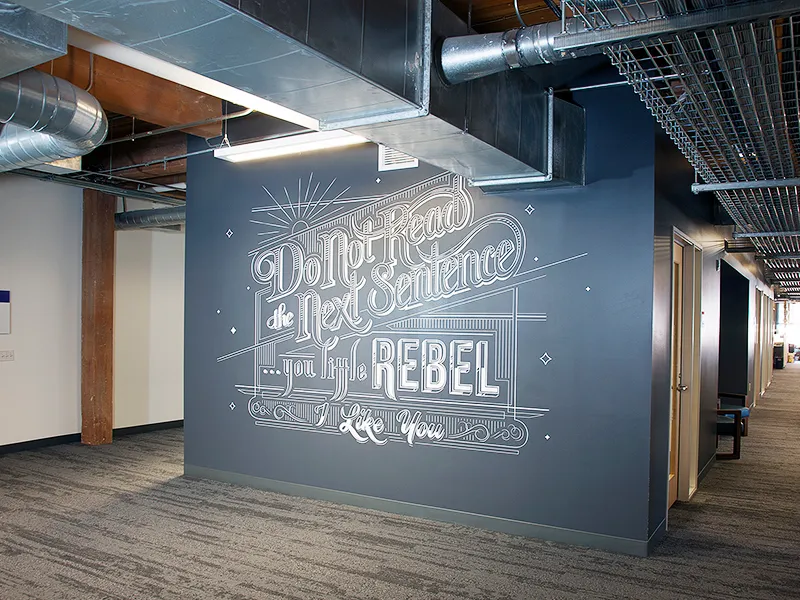The New Data Landscape
In today’s data world, enterprises must worry equally about having data access and seeing that it is accurate. Data self-service is becoming common which means teams across an organization can now gain access to data on their own, without depending on the IT department all the time. Because of democratization, teams are now able to make decisions using data much faster than in the past. Still, when we increase access to data, we need better policies in place to direct it to avoid any possible unpredictable issues.
Building the Foundation
Making data accessible to everyone begins with a strong organization and not with technology only. Leaders should explain what the organization aims to do, deciding on how data will be managed, protected and handled within the enterprise. As a result, departments can cooperate well, since the integrity of their shared files is safeguarded as more people access them. The top data governance strategy frameworks begin with stakeholders being convinced about the rights and duties that accompany using more data.
Tiered Access Models
Implementing graduated access levels represents one of the most effective approaches to balancing democratization with protection. Rather than viewing data access as binary, forward-thinking organizations create nuanced permission structures that match user capabilities with appropriate data resources. Junior analysts might receive access to carefully curated datasets, while experienced data scientists gain broader permissions along with increased accountability. This tiered approach minimizes risk while still allowing personnel to work with the information necessary for their roles.
The Metadata Imperative
Behind every successful self-service integration strategy lies robust metadata management. If users know the origin and quality of their data, as well as how it should be used, they can choose the best way to use it daily. Firms should set up detailed metadata catalogs covering not only what something is designed for but how it should be used in business. These living repositories become the compass that guides users through the data landscape, helping them navigate toward reliable insights rather than analytical dead ends.
Data Quality as Shared Responsibility
As integration capabilities spread throughout the organization, quality assurance must evolve from a centralized function to a distributed responsibility. Embedding quality checks directly into self-service workflows creates immediate feedback loops that help users identify and remediate issues before they propagate. Leading organizations establish clear quality standards and provide intuitive tools that make validation straightforward, turning every data consumer into a steward of information integrity.
Governance at Scale
Traditional governance models often buckle under the weight of enterprise-wide data integration services initiatives. Nowadays, many systems depend on automation and pattern matching to speed up identifying common and unusual issues without causing traffic jams. Clear written policies serve as workflows so that integration of self-service can be managed by organizations swiftly and efficiently. The most effective governance frameworks scale alongside data usage, adapting to new sources and use cases without requiring constant manual intervention.
The Path Forward
It is a technical advancement and also a cultural change. Strong organizations in this situation offer team members the tools they need, as well as information on how to manage and use the data correctly. Companies can get the most out of their information assets and maintain the trust that is necessary for any data-driven projects by seeing governance as a facilitator instead of a barrier. The future belongs to those who can find this balance and make sure that data flows freely yet safely across the corporation.









